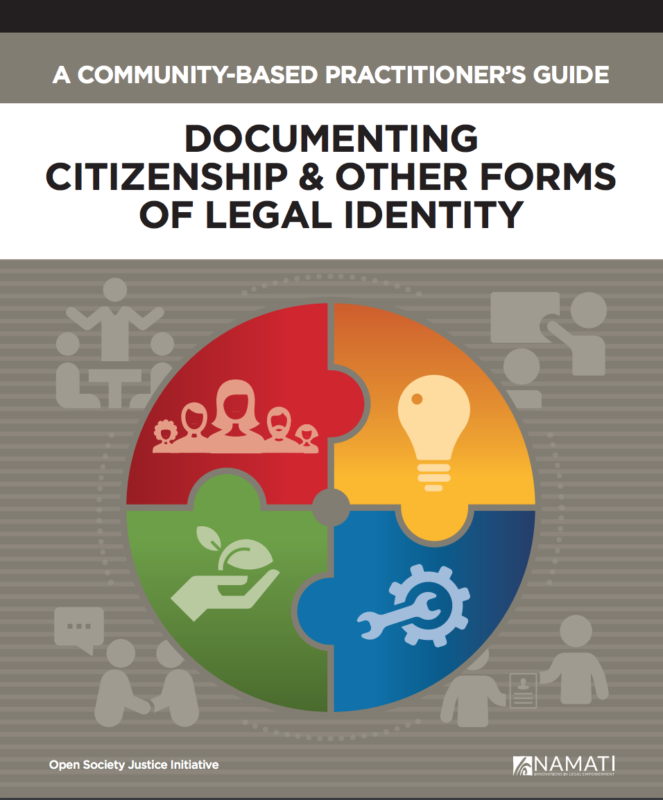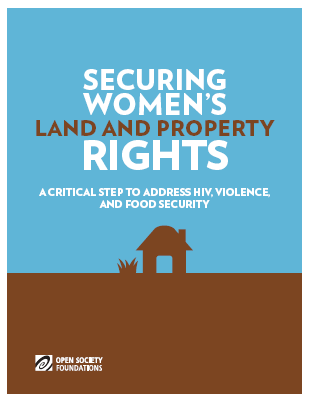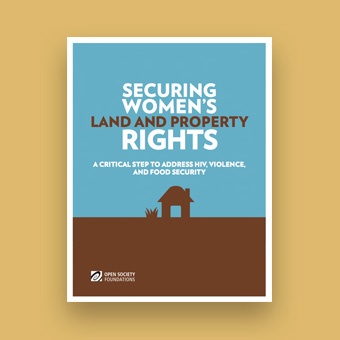Our Mission
The Open Society Foundations work to build vibrant and tolerant societies whose governments are accountable and open to the participation of all people.
We seek to strengthen the rule of law; respect for human rights, minorities, and a diversity of opinions; democratically elected governments; and a civil society that helps keep government power in check.
We help to shape public policies that assure greater fairness in political, legal, and economic systems and safeguard fundamental rights.
We implement initiatives to advance justice, education, public health, and independent media.
We build alliances across borders and continents on issues such as corruption and freedom of information.
Working in every part of the world, the Open Society Foundations place a high priority on protecting and improving the lives of people in marginalized communities.
Our Values
We believe in fundamental human rights, dignity, and the rule of law.
We believe in a society where all people are free to participate fully in civic, economic, and cultural life.
We believe in addressing inequalities that cut across multiple lines, including race, class, gender, sexual orientation, and citizenship.
We believe in holding those in power accountable for their actions and in increasing the power of historically excluded groups.
We believe in helping people and communities press for change on their own behalf.
We believe in responding quickly and flexibly to the most critical threats to open society.
We believe in taking on controversial issues and supporting bold, innovative solutions that address root causes and advance systemic change.
We believe in encouraging critical debate and respecting diverse opinions.
Members:
Resources
Displaying 1 - 4 of 4A Community-Based Practitioner’s Guide: Documenting Citizenship and Other Forms of Legal Identity
This guide provides step-by-step instructions on establishing and operating a paralegal or other community-based program to help people obtain legal identity documents. It is primarily for people designing and managing community-based paralegal projects to help clients access documentary proof of citizenship and other forms of proof of legal identity, such as birth certificates.
Strategic Litigation Impacts: Indigenous Peoples' Land Rights
The world is increasingly encroaching on indigenous peoples’ traditional lands. Around the globe, indigenous communities are forced to cede ground to state development, corporate land grabs, rising sea levels, environmental degradation, and population growth. The right to land provides the basis for access to food, housing, and development. But for indigenous peoples, traditional lands are more than this; they represent essential ties to their ancestors, their culture, and their languages. Losing their land means losing their way of life.
Securing Women’s Land and Property Rights: A Critical Step to Address HIV, Violence, and Food Security
In many parts of the world, women’s rights to land and property are systematically denied. Women have fewer or less secure rights than men, and discriminatory attitudes and practices undermine them. This leaves many women vulnerable, and almost entirely dependent on the men in their lives for basic economic survival.
Dependance on men can lead to entrapment in abusive relationships, less control over sexual relations, and less ability to produce food or secure food.
SECURING WOMEN’S LAND AND PROPERTY RIGHTS
In many parts of the world, women’s rights to land and property are systematically denied. Women have fewer or less secure rights than men, and discriminatory attitudes and practices undermine them. This leaves many women vulnerable, and almost entirely dependent on the men in their lives for basic economic survival.





